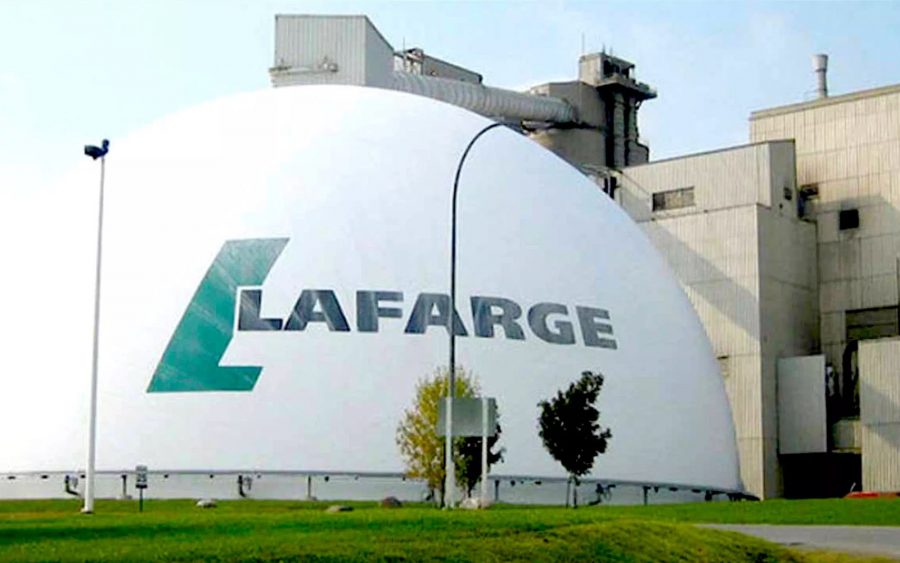Following Lafarge Africa Plc’s notification to the Nigerian Stock Exchange of the clearance by the Securities and Exchange Commission (SEC) to open its announced N89.2 billion Rights Issue, the company went ahead and opened the rights issue for subscription as planned.
The offer opened on Monday 17th December 2018 and would close on Wednesday 23rd January 2019. In the said offer, Lafarge Africa will raise N89.2 billion by way of a Rights Issue of 7,434,367,256 shares at N12.00 per share, by issuing 6 new shares for every 7 shares held by shareholders as at 4th December 2018 which is the Qualification Date. A few of my readers have asked of what I think about the rights issue. Though rights issues are broadly meant for existing investors, often, they leave such investors in a dilemma as to whether to subscribe to the rights or not.
What Are Stock Rights
Stock rights or right issues are a type of corporate action where a company grants existing shareholders the right to buy additional shares in proportion to their existing shareholding. This right derives from the preemptive right conferred on existing shareholders just by mere ownership of a company’s shares. The preemptive right means that a company may not issue additional shares without first offering such new shares to existing shareholders. Typically, you as a shareholder are offered the right to buy a set number of shares in proportion to the number you already hold. With reference to Lafarge Africa, you are given the right to buy 6 new shares for every 7 you currently hold. This means that if you hold 7000 shares, you are being given the right to buy 6000 additional shares at N12.00. In most cases, rights are offered at a discount, but it does not look like the Lafarge Africa rights are.
When such rights are offered to shareholders, they have about three or four options to think through in order to decide on what to do with the offer. Here are some of the options that go with right issues:
1) Option to take up the rights, meaning that you participate in the rights by buying the required number of additional shares.
2) Another option a shareholder should have, is the option to sell the rights but it does not look like rights are tradable in Nigeria and the ability of a shareholder to sell the rights in the market, where tradable, depends on the intrinsic value of the rights, if any. When a right does not have intrinsic value, it does not get sold and it expires worthless.
Ordinarily, intrinsic value is the difference between a stock’s market price and the (strike price) price at which an option on the stock can be exercised. Intrinsic value can never be less than zero. For Lafarge Africa rights, the market price of the stock is N11.95 while the strike price of the right is N12, therefore the intrinsic value is N11.95 minus N12, leaving you with negative N.05 and since intrinsic value can never be less than zero, its intrinsic value is therefore zero or worthless.
3) Yet, another option will be not taking up the rights by not participating in the rights issue. One disadvantage of not taking up a rights issue is that it has some dilutive effect. If you fail to take up your rights, the additional shares issued as a result of the rights will dilute your holdings and give you a less proportionate share of the company than you had before the rights. Therefore, it is not in your interest to stand by and let the right go by.
As noted already, the best option is to take up the rights and buy the stock at the offer price. This decision will only be optimal if the new shares arising from the rights are being offered at a discount, otherwise, it may not make sense. As at today, the market price for Lafarge Africa was N11.95 which is less than the N12 being offered through right issue. Impliedly, therefore, the rights are being issued at a premium rather than at a discount as is expected. The question then is, if you can buy the shares in the market at N11.95, what is the rationale to participate in the rights which will then obligate you to buy the shares at N12.
So, in order not to suffer the dilutive effect of the right issue by not participating and in order not to pay more than the prevailing market price, the rational and prudent thing to do is to calculate how many shares you would have received through the right issues, and then buy that number of shares from the market at a slightly cheaper price.
For example, assuming that you hold 7000 shares currently and at 6 for 7 shares, which the right offers, you will need 6000 shares to maintain your proportionate ownership of the company. In that case, rather than buying 6000 shares at N12, for the sum of N72,000, you can place a market order or limit order for 6000 shares at N11.95 for N71,700 thereby saving you N300 assuming no trading commission. This savings get magnified even more for those holding millions of shares, if you are one of them, think before you subscribe to the rights.
The danger of doing however, is that, if most shareholders decide to go this route, it may push the market price above the N12 being offered by the rights issue making the issue gather some intrinsic value and therefore rational. No matter what, think it through.
